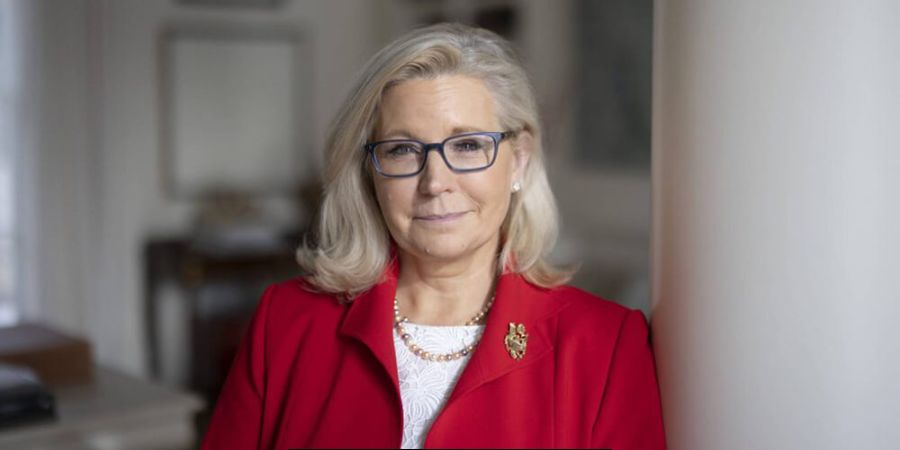In recent years, social media has emerged as a powerful tool for change, influencing various movements worldwide. Among these, women’s empowerment movements have significantly benefited from the digital landscape, enabling women to share their stories, connect with like-minded individuals, and mobilize for social change. The rise of social media platforms has transformed the way women advocate for their rights, amplify their voices, and challenge societal norms. This blog explores the profound impact of social media on women’s empowerment movements, highlighting its role in raising awareness, fostering community, and driving activism.
The Rise of Social Media as a Catalyst for Change
The advent of social media has revolutionized communication and information sharing. Platforms like Twitter, Facebook, Instagram, and TikTok have become essential tools for activists and advocates, providing a space where voices that were once marginalized can be heard. For women, these platforms offer a unique opportunity to bypass traditional media gatekeepers and speak directly to their audiences. As a result, social media has become a powerful catalyst for raising awareness about gender inequality, violence against women, and other critical issues affecting women globally.
Amplifying Women’s Voices
One of the most significant impacts of social media on women’s empowerment movements is its ability to amplify women’s voices. In the past, women’s stories often went unheard, overshadowed by dominant narratives. However, social media has created a platform where women can share their experiences, challenges, and triumphs, fostering a sense of solidarity and shared purpose.
Hashtags like #MeToo, #TimesUp, and #BelieveWomen have gained traction on social media, allowing women to share their experiences with sexual harassment and assault. The #MeToo movement, in particular, has had a profound impact, with millions of women worldwide using the hashtag to share their stories and demand accountability from perpetrators. This collective storytelling has not only raised awareness about the prevalence of sexual violence but has also empowered women to reclaim their narratives and challenge the culture of silence that often surrounds these issues.
Building Communities and Solidarity
Social media has the unique ability to connect individuals across geographic boundaries, fostering a sense of community and solidarity among women. Women from diverse backgrounds can come together to share their experiences, support one another, and collaborate on initiatives aimed at promoting gender equality. Online platforms have created virtual spaces where women can find encouragement, advice, and resources, ultimately strengthening the overall empowerment movement.
For example, platforms like Facebook and Instagram host numerous groups and pages dedicated to women’s empowerment, mental health, entrepreneurship, and advocacy. These spaces allow women to connect with others who share similar interests and experiences, providing a supportive environment for personal growth and collective action. The ability to network and collaborate online has enabled women to mobilize quickly, organize events, and raise funds for causes that matter to them.
Driving Activism and Social Change
Social media has become a vital tool for activism, providing a platform for organizing protests, campaigns, and movements. Women have harnessed the power of social media to mobilize for change, advocating for policies that promote gender equality, reproductive rights, and equal pay. The viral nature of social media allows messages to spread rapidly, reaching wide audiences and garnering attention from policymakers and the public.
For instance, the Women’s March, which began as a response to the 2016 U.S. presidential election, leveraged social media to organize millions of participants worldwide. Using hashtags, social media campaigns, and digital storytelling, the movement successfully galvanized support for women’s rights and social justice. The Women’s March exemplifies how social media can serve as a powerful organizing tool, amplifying messages and mobilizing communities for collective action.
Moreover, social media has also played a crucial role in advocating for intersectionality within the women’s empowerment movement. Activists have used platforms to highlight the unique challenges faced by women of color, LGBTQ+ women, and those from marginalized communities. This focus on inclusivity has helped broaden the conversation around women’s rights, ensuring that diverse voices are represented and heard.
Challenges and Limitations
While social media has undeniably impacted women’s empowerment movements positively, it is not without challenges and limitations. The digital landscape can also be a space for harassment and abuse, with women often facing online threats and trolling when they speak out. This phenomenon, known as “online misogyny,” can deter women from participating in discussions and sharing their experiences, ultimately undermining the movement’s goals.
Furthermore, the algorithms that govern social media platforms can create echo chambers, where users are exposed primarily to opinions that align with their own. This can limit the diversity of perspectives and hinder meaningful dialogue. To address these challenges, it is crucial for platforms to implement stricter measures against online harassment and to promote content that encourages healthy discourse.
The Future of Women’s Empowerment Movements in the Digital Age
As social media continues to evolve, its role in women’s empowerment movements will likely expand. Emerging technologies, such as virtual reality and augmented reality, have the potential to create even more immersive experiences for advocacy and awareness campaigns. Additionally, the rise of decentralized platforms and alternative social media networks may provide women with new spaces to connect and organize.
Moreover, as more women engage in digital storytelling, the narrative around women’s empowerment will continue to evolve. By sharing their experiences and perspectives, women can challenge stereotypes and reshape societal perceptions of gender roles.
Conclusion
The impact of social media on women’s empowerment movements is profound and multifaceted. By providing a platform for storytelling, building communities, and driving activism, social media has transformed the landscape of women’s rights advocacy. While challenges remain, the potential for social media to amplify women’s voices and facilitate meaningful change is immense.
As we move forward, it is essential for individuals, organizations, and platforms to continue supporting women’s empowerment initiatives online. By fostering inclusive, safe spaces for dialogue and activism, we can ensure that the momentum gained through social media translates into real-world change, ultimately leading to a more equitable society for all.
In a world where technology continues to shape our lives, the fight for women’s empowerment is more critical than ever. By harnessing the power of social media, women and their allies can create lasting change, inspire future generations, and pave the way for a brighter, more equitable future.









